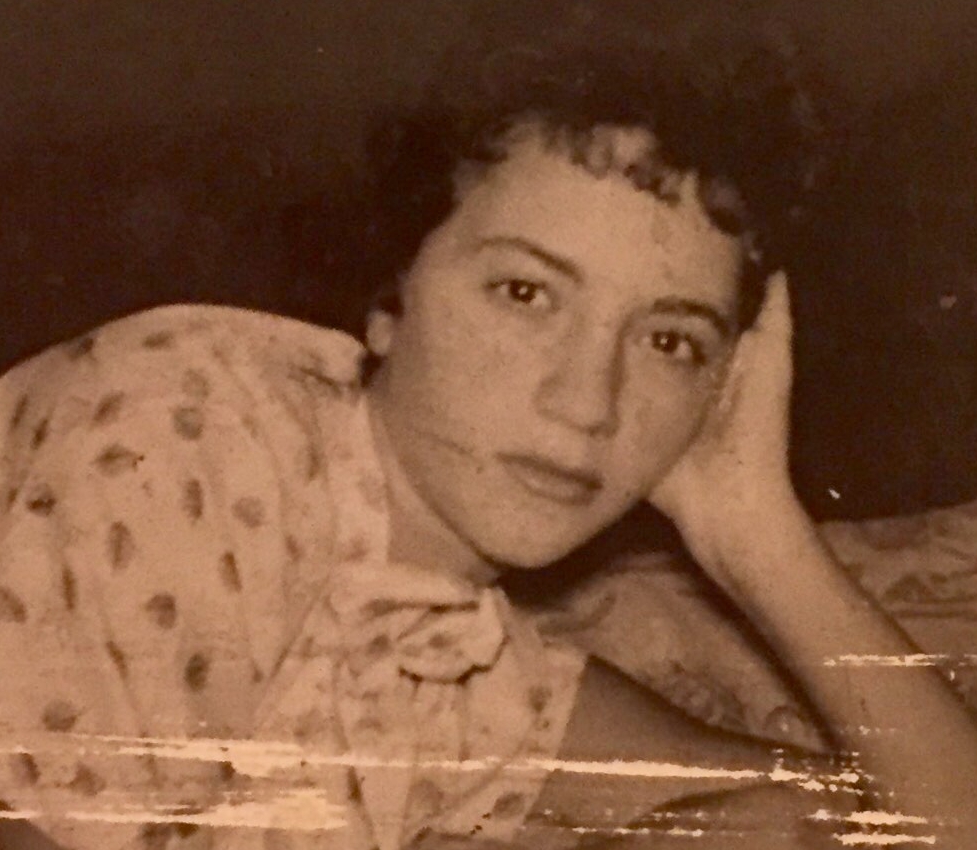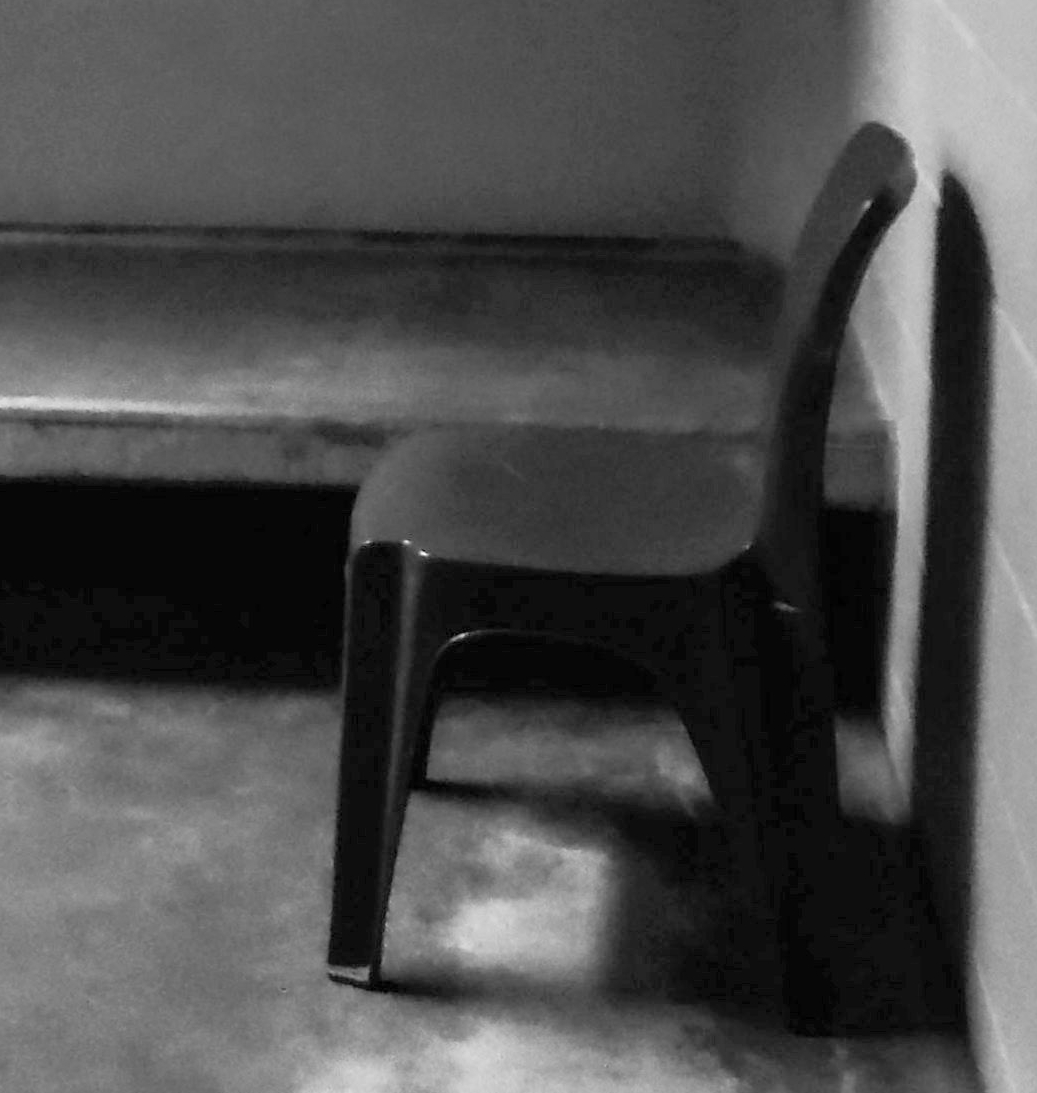I am reading on my front porch, relaxing when I get her text: “You broke my chair.” Instantly, my stomach knots, my hands quiver and my mind races…Oh no, I screwed up…I’m in trouble.
I call her immediately and discover that I unwittingly locked the setting on her lounge chair. She can easily release it. The problem is solved. But, still shaken, I decide to be honest with her. “You know, it really upset me to read that text. It made me feel defensive, like it was an accusation. Maybe you could have used less confrontational words.”
She throws it right back at me, “Well, maybe you shouldn’t be so overly sensitive.”
She’s a master at manipulation, always in control. Somehow, I never quite manage to meet her rigid standards, and she does not hesitate to tell me. Her criticisms cut deeply, but if I try to defend myself, or explain that her words upset me, she rolls her eyes and tells me to stop being so sensitive, just like she did this morning.
This adds confusion and guilt to the negative emotions that already roil in my gut. She is emotionally abusive, a toxic person. But she also happens to be my mother, so I cannot walk away from the relationship.
Too upset to read now, I push the book aside, and try to soothe myself by rocking in my chair, looking out into the trees that surround me. My mind continues to race, recycling memories from long ago.
I am a young child sitting at the kitchen table, my crayons and paper spread out before me. My braids brush against the varnished surface, as I lean in to draw. Like a hawk, she circles her territory, sharp-eyed and vigilant. I am her prey, skittish and on edge, trying to protect myself, avoiding making any movement that might draw her attention. She keeps pausing and looking at my drawing as she passes. I want to tell her about the picture I am making, but something about the set of her mouth prompts me to stay quiet. My heart rate quickens; I am anticipating the attack.
I decide to finish the drawing in my room, so I slide each crayon back into the box, before picking it up in one hand and the drawing in the other as I push back the chair and stand up.
She swoops in, takes the picture from me and frowns. “That doesn't look like a real person,” she says, beginning her critique. “The head is too big.”
Birds fluttering around the feeder bring me back to the porch, rocking. The day is slipping away. My neighbor talks to someone on her cell phone, walks her dog past my house. But memories of my youth continue to pull me into the past.
My father did not tolerate back talk, but during my childhood, I constantly tested that limit. If he told me to get my elbows off the table, I asked why, or pointed out that his were on the table too. His temper often erupted as he leapt to his feet, pulling his belt from his pant loops and using it to vent his anger on me. After his rage was spent, I lay crumpled on the floor, sobbing, my body pulsing with pain. I wanted my mother to defend me, to shout at him that he should pick on someone his own size, and then hold me and rock me in her arms. Instead, she went to him. Speaking gently, she calmed and soothed him, patting his back.
I felt betrayed and abandoned, like an unwanted pup by the side of the road. This infuriated me, a red tide of resentment rose from my gut, filling my throat and tightening my jaw. By the time she came to me with a cold cloth for the welts on my legs, I would clutch at her and cry, “I hate him.”
But she brought me no comfort. Instead, she scowled and spat out words of condemnation, “You should be ashamed of yourself. It’s your fault. Why don’t you ever learn how to behave?” Her response inflicted damage that cut deeper and lasted longer than anything the belt could ever do to me.
As I grew too old for beatings, those eventually stopped, and my father started drinking. He sat alone in the dark, night after night, sucking down beer until his eyes turned glassy and wet. I saw then as he stumbled to bed that he had no power, that he was a weak and troubled man. With that knowledge, I found myself forgiving him.
But my mother never softened or showed weakness or any signs of regret. In fact, as years passed, she grew harsher and more critical, so our issues remain unresolved.
I stand up now, pick up my discarded book, and go inside. The morning dishes are still in the sink, so I rinse them before filling the dishpan with hot soapy water. As I swish my hands in the suds, my thoughts take me back to high school days.
I cannot recall a single instance in my life when my mother praised me. Although I was a good student in high school, any acknowledgement she gave came with a stinging qualifier attached. I remember the first time I made the honor roll. Holding back my pride, I waited until she came home from work, put her purse away, and sat down. Then, smiling widely, I told her I had a surprise that would make her happy. With a flourish, I handed her the certificate. She looked at it, and then back at me, her lips tight, unsmiling. “Making the A-B honor roll is good, but if you had tried a little harder, you could have had straight A’s.” Another time, the school paper accepted one of my poems for publication. “How nice that they published your poem. I guess they didn’t get many submissions this time.”
“Yeah Mom, guess they were stuck with the dregs, what can I say?” I spat out my response, then turned and ran to my room.
Later, when time softened my hurt feelings, I asked why she couldn’t just say something nice without offering her critique. Her answer was always the same; “You wouldn’t want me to lie, would you?”
Actually, that is exactly what I want: a mother who comforts and pretends to love me. I want her to tell as many lies as it takes to make me feel good about myself. But she has never been able to grasp that concept.
As an adult, I avoided her, spending as little time with her as possible until recently. She is in her eighties now, and since she no longer drives, and has nobody else to help her, I have been forced into service. As a dutiful daughter, I have to endure weekly visits. Bringing in her groceries means bracing myself for a confrontation. She always finds something to criticize. It might be the size of a package or a brand she does not prefer, or it might be just that I am running a few minutes later than expected. Some detail will draw her disapproval.
Last week, she asked me to stop at the pharmacy and pick up the supplement she takes for her aching joints because her supply was running low. Her words were, “No hurry at all, just whenever you go by there in the next week or two.”
I brought it today, exactly one week after she called and two days after the upsetting text. Upon entering her house, I see that this was a set up. She is ready and waiting, sitting stiffly at the kitchen table with her head tilted to one side, eyes narrowed. Her lips are pursed as if gathered by a drawstring, and she pronounces every word, precisely, with exaggerated inflection. Sarcasm emanates from her like a poisonous mist. “Oh good. I started taking my medicine every other night since I was running out, and I haven’t had any for two days now.”
She is enjoying herself. This dramatic performance is designed to make me feel guilty, and it works.
Immediately, I start questioning and berating myself. Did I deliberately make her wait? Is it really my fault that she ran out? Why did I not know better and just bring it sooner? It stirs up that stew of shame and guilt and resentment for her that makes me eager to get away as quickly as possible. But today, she needs me to drive her to the department store to get some new bras, so I brace myself for the next part of my ordeal.
She finds her lingerie options are limited because she does not want underwire or padding of any kind, and she would never consider buying anything other than white. After searching the racks, we find a couple of plain ones that might do, so she takes them into the dressing room.
“I’ll stand right outside the door, and then I can run to get you another size if you need it.” I offer this service thinking it will be the easiest way to handle it.
“No” she says, “I need you to come in and help me.”
So I shuffle in and stand awkwardly in the cubicle, facing away from her to give her the privacy she typically demands. During my childhood, she did not often allow me to watch her getting dressed. On the rare occasions when I saw her in her underwear, she looked indestructible, like Wonder Woman, wearing a bra with spiral stitching around the cups that made her breasts as pointed and stiff as ice cream cones.
Right now, she struggles with the clasps, and asks me to hook the bra for her.
“My hands will be cold,” I warn her so she will not yell at my touch.
“Yes, I know.” She replies.
I turn around, and am completely taken aback at the sight that meets my eyes. The shirtless figure standing there bears no resemblance to the woman of my memories. This body is bent and twisted, with a bony spine that curves outward, forming a ridge from which the rest of the body folds inward. Rounded shoulders slope over a fallen chest and lumpy abdomen. A stringy neck juts out from between those shoulders, tendons extended with the effort. Her powerful personality is now contained within this misshapen, gnomish little body.
It shocks me that so much drastic change could occur without my noticing it, but I suspect that wearing my resistance to her like a protective shield has kept me from really looking at her.
Something stirs in my chest, and for the first time in many years, I feel tenderness toward my mother, an unprecedented desire to put my arms around her and kiss her cheek. However, being unsure of the reaction this might bring, I resist the impulse. What if she pushes me away, draws up her lips in scorn, or humiliates me in some other way? I am unwilling to take that risk.
Touching her skin delicately to hook the bra, I see her flinch as my cold fingers make contact. She wriggles and adjusts herself, in the way that every woman does when trying on a bra. “Does it give me enough support?”
She still has her pride. Her entire body sags toward the ground, but my mother worries that her flaccid breasts might jiggle, and she does not see the absurdity in that. She seems vulnerable, not invincible at all.
Suddenly, I understand that my own bitterness has contributed to the ugly power struggle between us. I never saw her grow old because I have refused to look at her. We remained locked into that old mother child dynamic that should have been left behind years ago. Nothing will change unless I let it go.
For the sake of my own healing, I need to feel compassion for my mother. I take a deep breath, expanding my chest, then releasing the air slowly, and letting my shoulders fall back. I lean closer and look into the eyes of the frail old woman she has become--I cannot remember the last time we made eye contact. A tightness in my jaw relaxes as I unclench my teeth and swallow. It is a start.
Kathy Downey is a retired educator, living in the Atlanta area. Several of her poems have appeared on various websites over the years, however, “Like a Hawk” is her first published personal essay. She is currently working on a collection of short stories.






